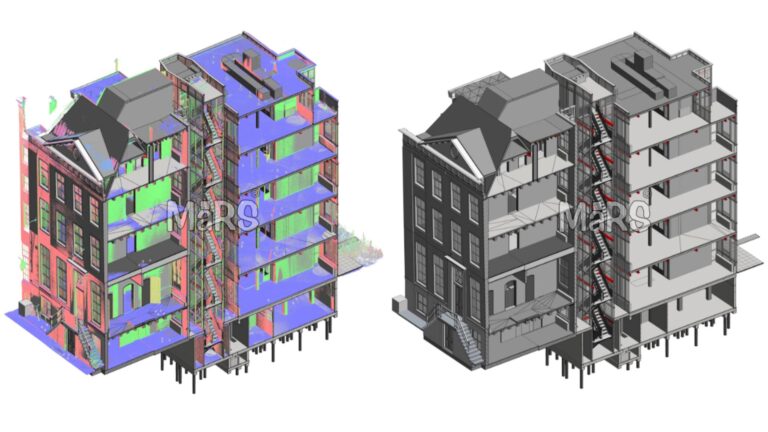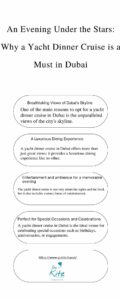Personality development is a transformative journey that involves cultivating skills, attitudes, and behaviors that lead to personal growth and success. In this guide, we’ll explore the essential steps to enhance your personality, unlock your hidden potential, and thrive in every aspect of life.
Introduction To Personality Development
Personality development is not merely about physical appearance or charisma. It encompasses a range of characteristics, including communication skills, emotional intelligence, confidence, and self-awareness. Developing these traits can pave the way for professional success, fulfilling relationships, and a positive self-image.
Key Concepts Of Personality Development:
- Understanding your strengths and weaknesses.
- Enhancing interpersonal skills.
- Building emotional resilience.
The Importance Of Self-Awareness
Self-awareness is the foundation of personality development. By understanding your emotions, motivations, and behavior patterns, you can begin to make conscious changes that align with your goals.
Ways To Enhance Self-Awareness:
- Journaling: Write about your thoughts and experiences daily.
- Mindfulness Practices: Meditation and breathing exercises can help you connect with your inner self.
- Feedback: Seek constructive feedback from trusted peers or mentors.
Self-awareness empowers you to recognize opportunities for growth and build meaningful connections with others.
Effective Communication: The Art Of Expression
Good communication skills are vital for personal and professional success. They help you articulate your thoughts clearly, listen actively, and respond empathetically.
Strategies For Improving Communication Skills:
- Active Listening: Pay full attention to the speaker and respond thoughtfully.
- Body Language: Use positive, open gestures to convey confidence.
- Clarity and Brevity: Be concise and ensure your message is easily understood.
Developing strong communication skills can make you more approachable, persuasive, and influential.
Building Confidence And Self-Esteem
Confidence is a cornerstone of personality development. It reflects your belief in your abilities and fosters a sense of self-worth.
Steps To Build Confidence:
- Set Achievable Goals: Break large tasks into manageable steps.
- Positive Affirmations: Regularly remind yourself of your strengths and accomplishments.
- Face Your Fears: Confronting challenges head-on builds resilience and boosts confidence.
Confidence isn’t about perfection; it’s about embracing your imperfections and striving to improve.
Emotional Intelligence: Managing Emotions Effectively
Emotional intelligence (EI) refers to the ability to recognize, understand, and manage your emotions and those of others. A high EI can enhance your interpersonal relationships and decision-making skills.
Key Components Of Emotional Intelligence:
- Self-Regulation: Control impulsive reactions and maintain a balanced mindset.
- Empathy: Understand and share the feelings of others.
- Social Skills: Build strong, collaborative relationships.
Improving EI can help you navigate complex social dynamics and maintain a calm demeanor under pressure.
The Power Of A Positive Attitude
A positive attitude can transform the way you approach challenges and setbacks. It fosters resilience, creativity, and optimism, enabling you to overcome obstacles with ease.
Cultivating Positivity:
- Gratitude Practice: Focus on what you’re thankful for daily.
- Surround Yourself with Positivity: Engage with supportive people and uplifting environments.
- Reframe Negative Thoughts: Turn challenges into opportunities for growth.
Positivity is contagious and can inspire those around you, creating a harmonious environment.
Time Management And Goal Setting
Effective time management is crucial for personal and professional growth. It ensures you allocate resources to tasks that align with your priorities and aspirations.
Time Management Tips:
- Create a Schedule: Use tools like planners or apps to organize your day.
- Prioritize Tasks: Focus on activities that have the most significant impact.
- Avoid Procrastination: Break tasks into smaller chunks and tackle them systematically.
Setting realistic goals and managing time effectively can lead to greater productivity and satisfaction.
Continuous Learning: Embracing Growth
Lifelong learning is essential for personal development. It broadens your perspective, enhances your skills, and keeps you relevant in an ever-changing world.
Ways to Foster a Learning Mindset:
- Read Regularly: Explore books, articles, and journals in your field of interest.
- Take Courses: Enroll in workshops, seminars, or online classes.
- Learn from Mistakes: View setbacks as valuable lessons.
Continuous learning not only enriches your knowledge but also boosts your adaptability and creativity.
The Role Of Networking In Personality Development
Building a strong network can open doors to new opportunities and foster collaboration. Engaging with diverse individuals broadens your horizons and improves social skills.
Networking Tips:
- Be Approachable: Smile, maintain eye contact, and show genuine interest in others.
- Attend Events: Participate in professional and social gatherings.
- Follow Up: Stay connected with new contacts through regular communication.
Networking isn’t just about meeting people; it’s about forming meaningful and mutually beneficial relationships.
Conclusion: Embrace the Journey
Personality development is a lifelong process that requires dedication, self-reflection, and persistence. By enhancing your self-awareness, communication skills, and emotional intelligence, you can unlock your potential and achieve personal growth.
Every small step you take toward improving yourself contributes to a more confident, resilient, and successful you. Embrace the journey with an open heart and a positive mindset, and watch as you transform your life, one step at a time.
FAQs
1. What is personality development?
Personality development involves improving personal traits, skills, and behaviors to enhance your confidence, communication, and overall outlook on life.
2. How can I start working on my personality?
Begin by identifying your strengths and areas for improvement. Focus on enhancing communication, emotional intelligence, and self-awareness.
3. Can personality development improve my career prospects?
Yes, it can significantly enhance your professional relationships, leadership abilities, and overall marketability.
4. Is personality development a one-time process?
No, it is a continuous journey of learning and self-improvement throughout life.
5. Why is emotional intelligence important for personality development?
Emotional intelligence helps you manage emotions effectively, build empathy, and strengthen relationships, which are vital aspects of personality growth.











